| Database name | Keywords | Description | Web ressources | Logo | Publications |
Actinome
|
Actin, cytoskeleton, database |
Actinome is a collection of sequences related to the cytoskeleton. |
website |
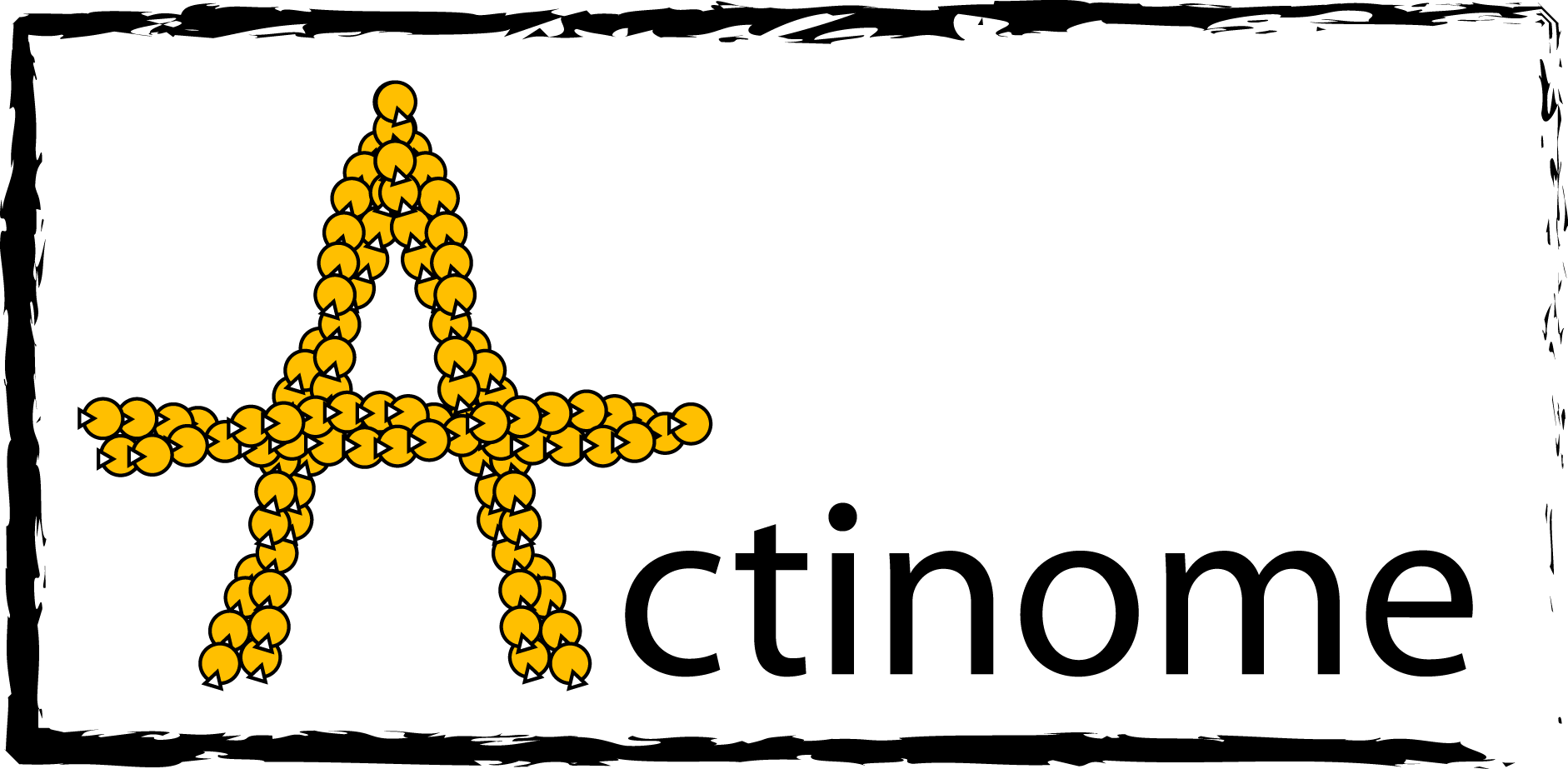 |
PMID: 17727702 |
|
Alvinella
|
Alvinella pompejana, Polychaete Annelid, thermostable |
Alvinella pompejana, the "Pompeii worm", is a Polychaete Annelid (see taxonomy) discovered in 1980. This tubiculous worm colonizes hydrothermal vents where it is faced with extreme and variable physico-chemical conditions including very high temperatures (from 20 to over 80°C), anoxic conditions, low ph, high concentration of heavy metals and sulphids... This environment makes A. pompejana an ideal model for studies aimed at deciphering adaptation in general as well as a unique source of thermostable proteins of eukaryotic origin. |
website |

|
PMID: 20663123 |
Balibase
version 3 |
Multiple sequence alignment, benchmark, reference alignment |
BAliBASE is a collection of high quality multiple sequence alignments for objective, comparative studies of alignment algorithms. The alignments are constructed based on 3D structure superposition and manually refined to ensure alignment of important functional residues. A number of subsets are defined covering many of the most important problems encountered when aligning real sets of proteins. |
website |
 |
PMID: 16044462
PMID: 11125126
PMID: 10068696 |
Barcodes
|
Evolutionary barcode, protein evolutionary history, mulit-level barcode |
EvoluCode is a new formalism, which allows the integration of different evolutionary parameters (eg, sequence conservation, orthology, synteny …) in a unifying format and facilitates the multilevel analysis and visualization of complex evolutionary histories for the human proteome. |
website |
 |
PMID: 22267905
|
|
GeCoDB
|
Genomic context, biostatistics, boxplot radar, average gene mapping deep-sequencing |
GeCoDB (Genomic Context Database) is dedicated to DNA-oriented bioinformatics and focus particularly on genomic and genic context, whether this context is intrinsec or epigenomic. |
website |

|
Ongoing |
|
GxDb
|
Gene expression, Transcriptomic database |
GxDb aims to collect, analyse, manage, query and display Transcriptomics Data. If you have cel files, create a new experiment with its corresponding organism, individual, samples, realexps, etc. Upload your files, run the automatic analysis ... (please, first of all, contact Laëtitia or Raymond) Then query and visualise the results. |
website |
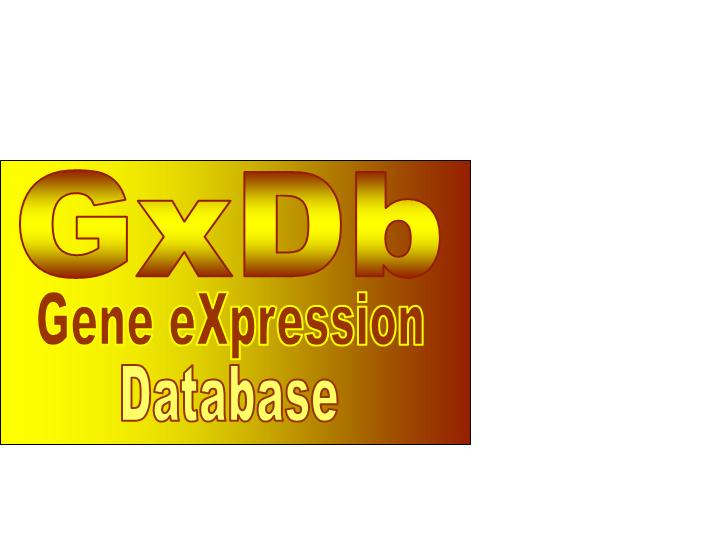
|
Ongoing |
|
Evi-Genoret
|
EVI-GENORET, Retina, Genoret Database |
Genoret Database aims to centralise phenotypic, genomic and proteomic data concerning retinal diseases as well as data concerning patients. This should allow implementation of standards and permit the establishment of common information networking systems. The Genoret Database is a Relational Database whose advantage is to store heterogeneous data in a standard format. It provides an easy manual or automatic access, allowing direct deposits focused on workpackages and workpackage deliverables. |
website |
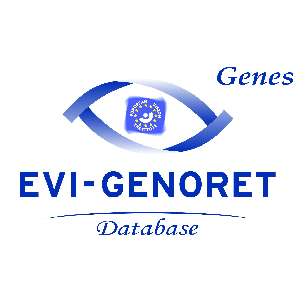
|
EVI-GENORET Integrated Project
LSHG-CT-2005-512036 |
|
ICDS
|
Interrupted Coding Sequence, ORF |
ICDS (Interrupted CoDing Sequence) are the result of unrecognized frameshifts, in-frame stop codons and sequencing errors that can seriously affect all subsequent steps of functional characterization, from in silico analysis to high-throughput proteomic projects. The Interrupted CoDing Sequence database contains ICDS detected by a similarity-based approach in 80 complete prokaryotic genomes. |
website |

|
PMID: 16381882 |
|
MSV3d
|
Structural Mutation, Phenotype, Disease |
MSV3d (Database of human MisSense Variants mapped to 3D protein structure) is a database that contains detailed annotation of missense variants of all human proteins (20 199 proteins). The multi-level characterization includes details of the physico-chemical changes induced by amino acid modification, as well as information related to the conservation of the mutated residue and its position relative to functional features in the available or predicted 3D model. |
website |

|
PMID: 22491796 |
|
SM2PH-db
|
Structural Mutation, Phenotype, Disease |
SM2PH-db (from Structural Mutation to Pathology Phenotypes in Human - database) is a relational database which gathers proteins involved in human monogenic diseases and provides for each of them a combined evolutionary and structural view coupled to mutation and phenotypic data. |
website |

|
PMID: 19921752
PMID: 20543432
PMID: 20164459 |
|
Other ...
|
Other links |
LBGI's additional web sites. |
website |
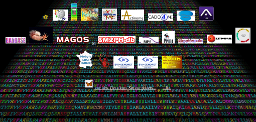
|
|
|
| Software name | Keywords | Description | Web ressources | Logo | Publications |
AlexSys
|
Multiple Alignment, Data mining, Machine learning, UIMA, Knowledge based system |
AlexSys (Alignment Expert System) is a knowledge-based expert system for the construction and analysis of Multiple Sequence Alignments (MSA). The prototype uses a decision tree machine learning algorithm to automatically select a suitable MSA program for a given set of sequences. |
website |
 |
PMID:18971242
PMID: 20530533 |
ARPAnno
|
ARP, Actin related proteins, prediction |
ARPAnno (Actin Related Proteins Annotation server) is a web tool that automatically annotates protein sequences according to the ARP classification. |

In maintenance
website
|
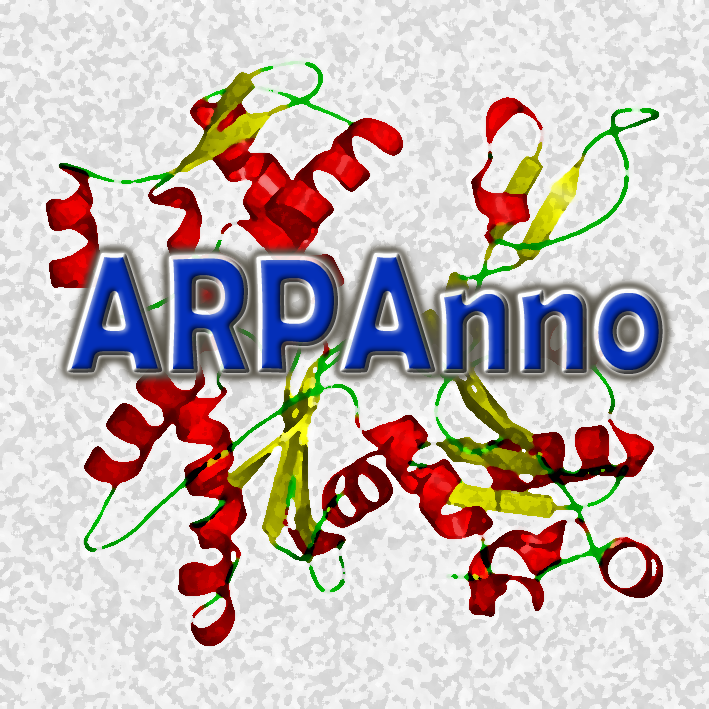 |
PMID: 16195354 |
BBS
|
BBS, MSA, alignment, Bardet Biedl Syndrome |
Bardet-Biedl Syndrome Bioinformatics resource. |
website |
 |
PMID: 20177705
PMID: 16823392
PMID: 17160889
PMID: 16582908
|
CADO4MI
|
Oligonucleotide design, probe design, microarray, DNA chips |
CADO4MI (Computer Assisted Design of Oligonucleotide 4 MIcroarray) is a program for automatic design of oligonucleotides, fully customizable and accessible through a graphical user interface. For an input set of sequences, it allows parameter optimization and can combine multiple designs in distinct sequence databases. |
website |
 |
PMID: 17727702 |
|
Gscope
|
Genomics, integrative software plateform |
Gscope is an integrated platform allowing the analysis of all kind of genomic data. It is written in Tcl/Tk and runs on all plateforms. It is specially designed to perform high throughput analysis. Gscope is mainly composed of tools necessary to create the basic data, analysis tools, visualisation interfaces. It allows also the creation and feeding of SQL relational databases and the quering and display of the available information through a web based interface (Wscope). |
Gscope server |
 |
|
KD4v
|
Structural Mutation, Phenotype, Disease |
KD4v (Comprehensible Knowledge Discovery System for Missense Variant) allows to characterize and predict the phenotypic effects (deleterious/neutral) of missense variants. The server provides a set of rules learned by Induction Logic Programming (ILP) on a set of missense variants described by conservation, physico-chemical, functional and 3D structure predicates. The rules are interpretable by non-expert humans and can be used to accurately predict the deleterious/neutral status of an unknown mutation. |
website |
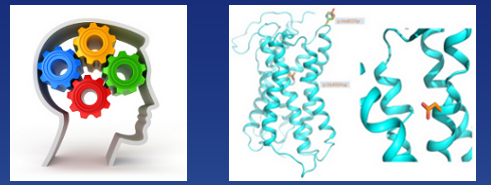 |
PMID: 22641855 |
MACSIMS
|
Protein family analysis, multiple sequence alignment, sequence annotation |
MACSIMS (Multiple Alignment of Complete Sequences Information Management System) is a multiple alignment-based information management system that combines the advantages of both knowledge-based and ab initio sequence analysis methods. Structural and functional information is mined automatically from the public databases. In the MACS, homologous regions are identified and the mined data is evaluated and propagated from known to unknown sequences with these reliable regions. MACSIMS provides a unique environment that facilitates knowledge extraction and the presentation of the most pertinent information to the biologist. |

In maintenance |
 |
PMID: 16792820 |
OrthoInspector
|
Orthology, Inparalogy, Vizualisation |
OrthoInspector is a software system incorporating an original algorithm for the rapid detection of orthology and inparalogy relations between different species. IIn addition, several visualization tools have been developed to facilitate in-depth studies based on these predictions. It is made available as an independent software suite that can be downloaded and installed for local use. Command line querying facilitates the integration of the software in high throughput processing pipelines and a graphical interface provides easy, intuitive access to results for the non-expert. |
website |
 |
PMID: 21219603
|
PipeAlign
|
Protein family analysis, multiple sequence alignment, database search |
PipeAlign is an on-line protein family analysis tool providing both interactive and automatic workbench for the validation, integration and presentation of the biological insights resulting from the analysis. It integrates a 5 step process ranging from the search for sequence homologues in protein sequence and 3D structure databases to the definition of the hierarchical relationship between and within subfamilies. Each step relies upon the results from the previous ones until a validated multiple alignment integrating subfamilies information is produced. The Pipe can also be started from any point and intermediate results are easily consulted. |

In maintenance
|
 |
PMID: 12824430 |
|
RReportGenerator
|
automatic report, statitical analysis, R, Bioconductor, microarray, TCA |
RReportGenerator provides a simple and user-friendly graphical user interface (GUI) allowing to run routine statistical analysis using R via predefined analysis scenarios in a local and independent manner. Of course, the large variety of additional libraries on CRAN and Bioconductor may be used with the analysis scenarios. The results (text, figures and tables) are automatically assembled into a report in pdf- (or dvi) format. This may be accompanied by an additional file(s) for exporting (specific) results to other applications (spread-sheet programs, web-browser etc). |
website
|

|
PMID: 18037684 |
|
| Name | Keywords | Description | Web ressources | Logo | Publications |
CDAO
|
ontology, evolutionary analysis |
CDAO (Comparative Data Analysis Ontology) provides extensive conceptual coverage of commonly used concepts in evolutionary analyses in a single framework. It is developed in collaboration with a group of domain scientists specialising in phylogenetic analysis software, the EvoInfo working group (http://evoinfo.nescent.org) . CDAO is used in a number of projects, including nexML, Nexplorer3, TreeBASE, phyloXML. |
website
sourceforge |
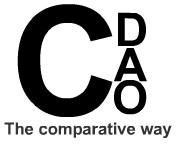 |
PMID: 19812726 |
|
|